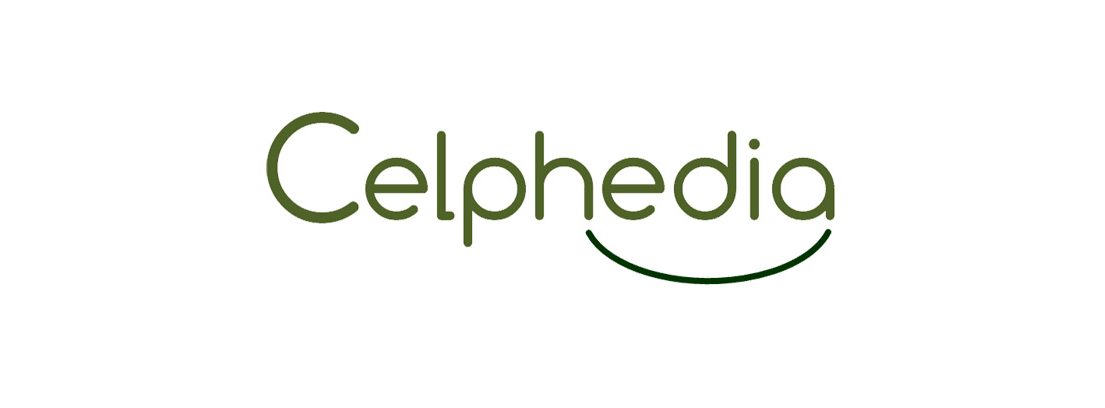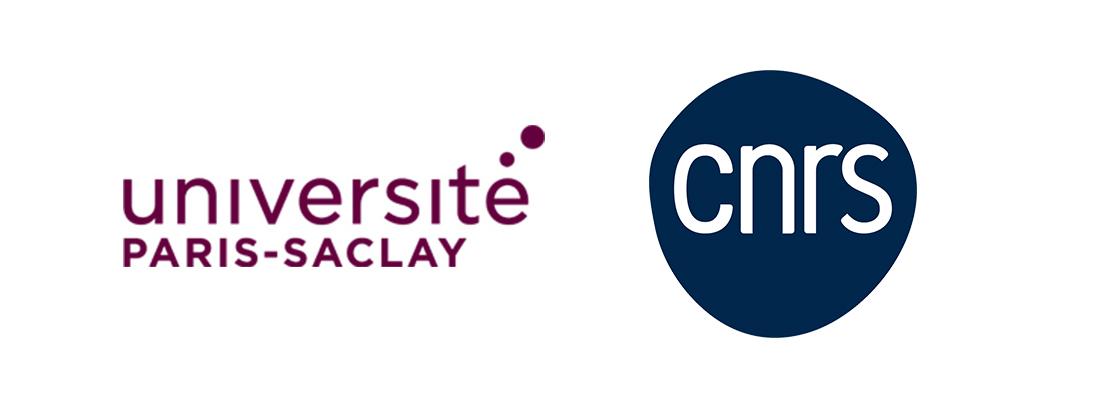Animal Research
Even if it is possible to better understand of how living organisms function through studies combining several approaches such as in silico, in vitro and epidemiological methods, the use of animals is still essential.
Improving our understanding of how living beings function requires the use of animals for experimental purposes, whether for basic or biomedical research.
Animal research, meaning biological research involving the use of animals, has for decades been increasingly reasoned, in response to more than legitimate demands from civil society.
The so-called alternative approaches (in vitro, in silico, etc.) are all complementary and enable us to choose the best working hypothesis and the most appropriate methodologies, by complying with the 3Rs rule.

REPLACE
REPLACE
Animal models
whenever possible

REDUCE
REDUCE
the number
of animals used

REFINE
REFINE
Protocols for handling animal welfare
At the heart of our research: the 3Rs rule
The 3Rs are the pillars of ethics governing the use of animals in research. This rule was created by Russell and Burch in 1959 (‘The Principles of Humane Experimental Technique’).
Animal research requires our responsibility, which is the 4th R of the rule stated above:
This is reason why the staff of TEFOR Paris-Saclay is committed to respect the 3Rs rule, by taking full responsibility for it:
- Our TPS-AQUA team is composed of its manager and zootechnicians. All are trained in breeding and caring for aquatic animals, and have the obligation to improve this specific knowledge through regular training. Team members implement projects to improve animal welfare.
- Staff in our teams who handle animals are trained in the use of animals for experimental purposes. All scientific projects are reviewed by an ethics committee and submitted to the Ministry of Research (and sometimes the Ministry of Agriculture) via a dedicated platform.
Finally, our devoted communication team informs researchers, through the EFOR network about the diversity of models in science, and may help them to choose the most appropriate one to answer the biological question. It also organises seminars dedicated to the 3Rs.
TEFOR PARIS-SACLAY IS PART OF THE CELPHEDIA INFRASTRUCTURE




